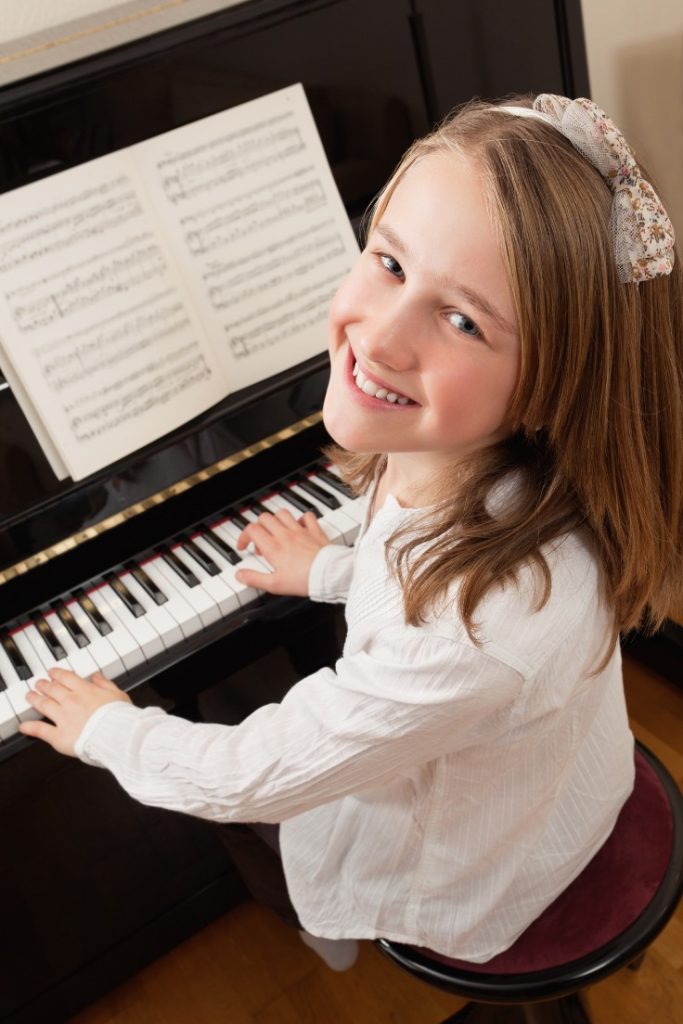Individuals with autism often possess unique talents and abilities, and piano lessons for autism can be a powerful tool to unlock these hidden potentials. Music, particularly piano, offers a structured, yet creative outlet that can enhance cognitive, emotional, and social skills. Below, we delve deeper into how piano education can benefit those with autism, along with essential tips and frequently asked questions.
Read more about Piano lessons for Autism here.
Benefits of Piano Lessons for Individuals with Autism
Learning the piano can be especially advantageous for individuals with autism spectrum disorder (ASD). Here are some key benefits:
- Improved Motor Skills: Piano playing requires precise finger movements and coordination, which can strengthen fine motor skills.
- Enhanced Focus: The structured practice of piano can help improve attention span and concentration.
- Emotional Expression: Music allows individuals to express feelings and emotions non-verbally.
- Increased Confidence: Mastering new pieces and performing can boost self-esteem and confidence.
- Social Interaction: Participating in piano lessons can provide opportunities for social engagement and interaction.
Choosing the Right Piano Teacher
When selecting a piano teacher for someone with autism, the choice can significantly impact the learning experience. Consider the following:
- Experience with Autism: Choose a teacher who has experience working with individuals on the autism spectrum.
- Patience and Understanding: Ensure the teacher is patient and understands the unique needs of students with autism.
- Customized Lesson Plans: The teacher should offer personalized, flexible lesson plans that cater to the student’s abilities and interests.
FAQs about Piano Lessons for Autism
Can individuals with severe autism benefit from piano lessons?
Yes, even individuals with severe autism can benefit. The key is a tailored approach that aligns with their specific needs and abilities.
How do piano lessons help in improving communication skills?
Piano lessons can improve communication skills by providing a form of non-verbal expression. Additionally, the interaction with the teacher during lessons can foster verbal communication.
Are there any specialized piano programs for autism?
Yes, some programs are specifically designed for students with autism. These programs often incorporate elements of music therapy and are led by instructors with special education training.
Conclusion
Piano lessons offer a unique and effective way to support the development of individuals with autism. Through improved motor skills, increased focus, and enhanced emotional expression, the benefits are substantial. With the right teacher and tailored lessons, piano lessons for autism can truly unlock potential and enrich lives.








